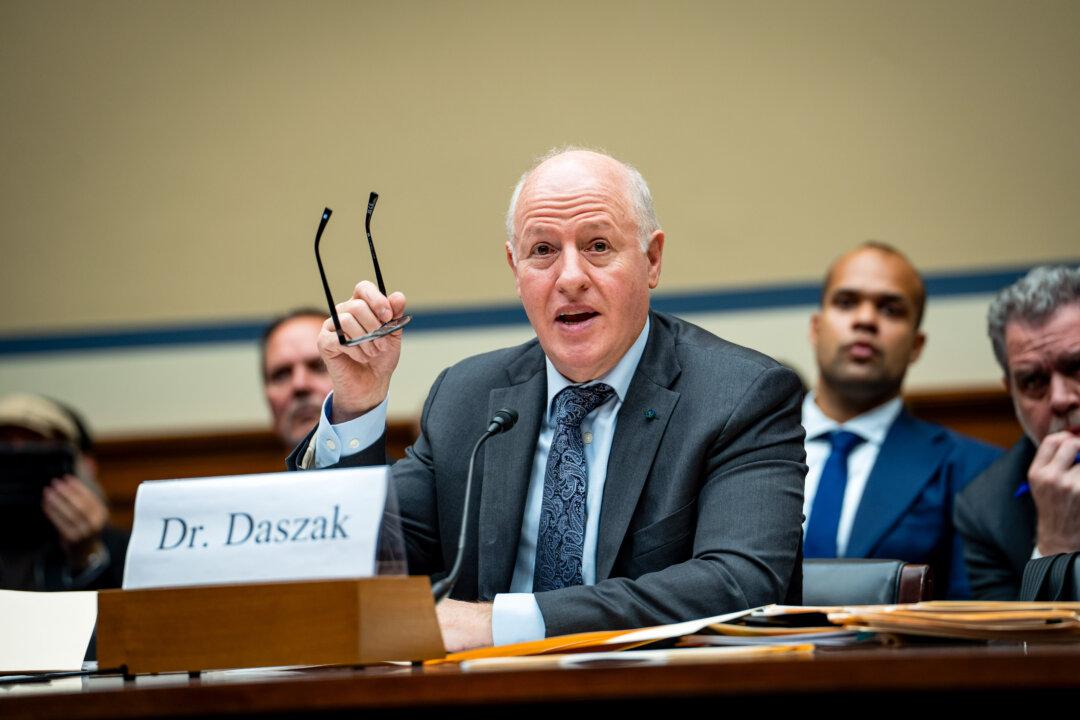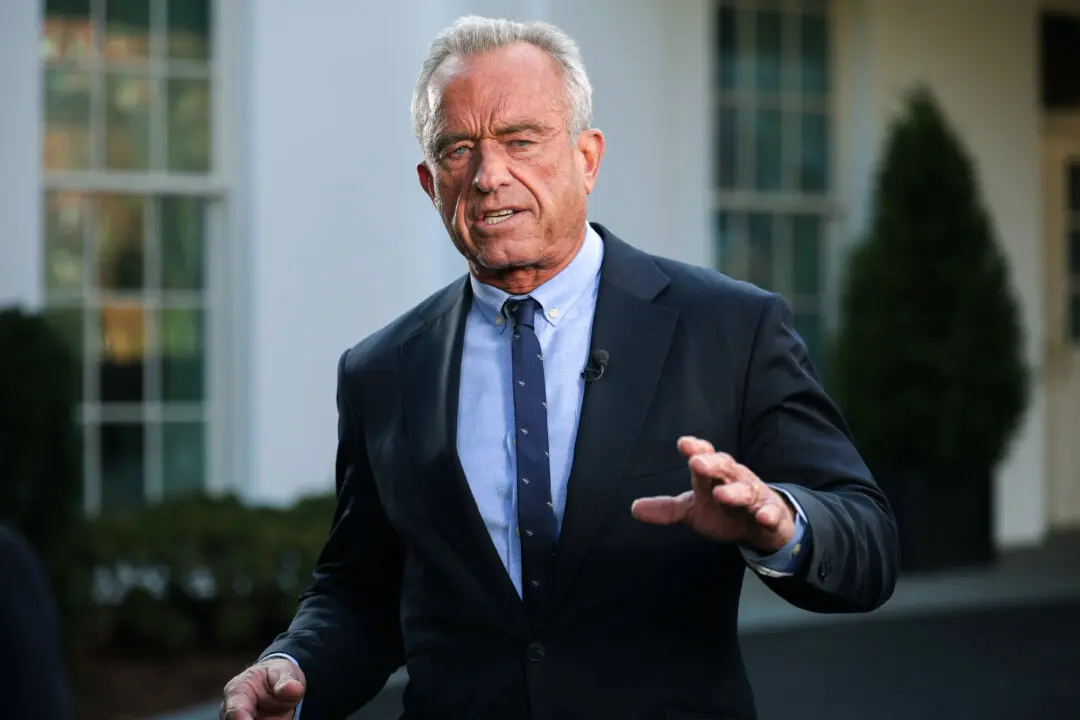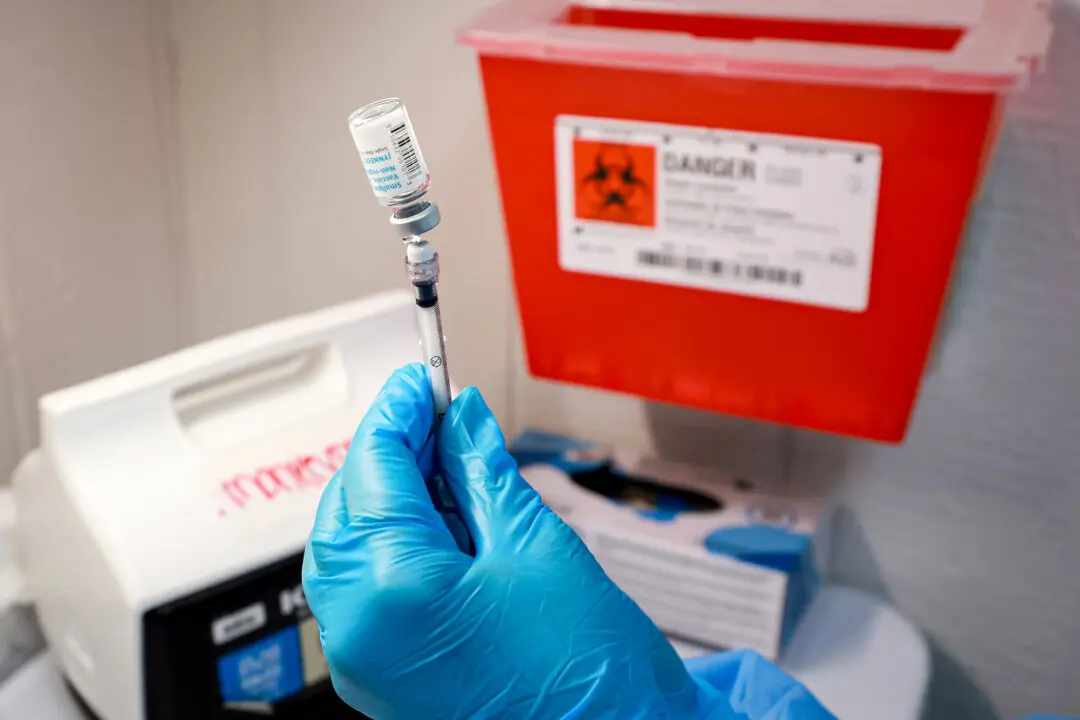Federal prosecutors should investigate the president of a nonprofit that funneled U.S. taxpayer money to a laboratory in China, a U.S. House of Representatives panel said on May 1.
Peter Daszak, president of the EcoHealth Alliance, should be probed after he and his group violated the terms of a U.S. grant, the Select Subcommittee on the Coronavirus Pandemic said.





